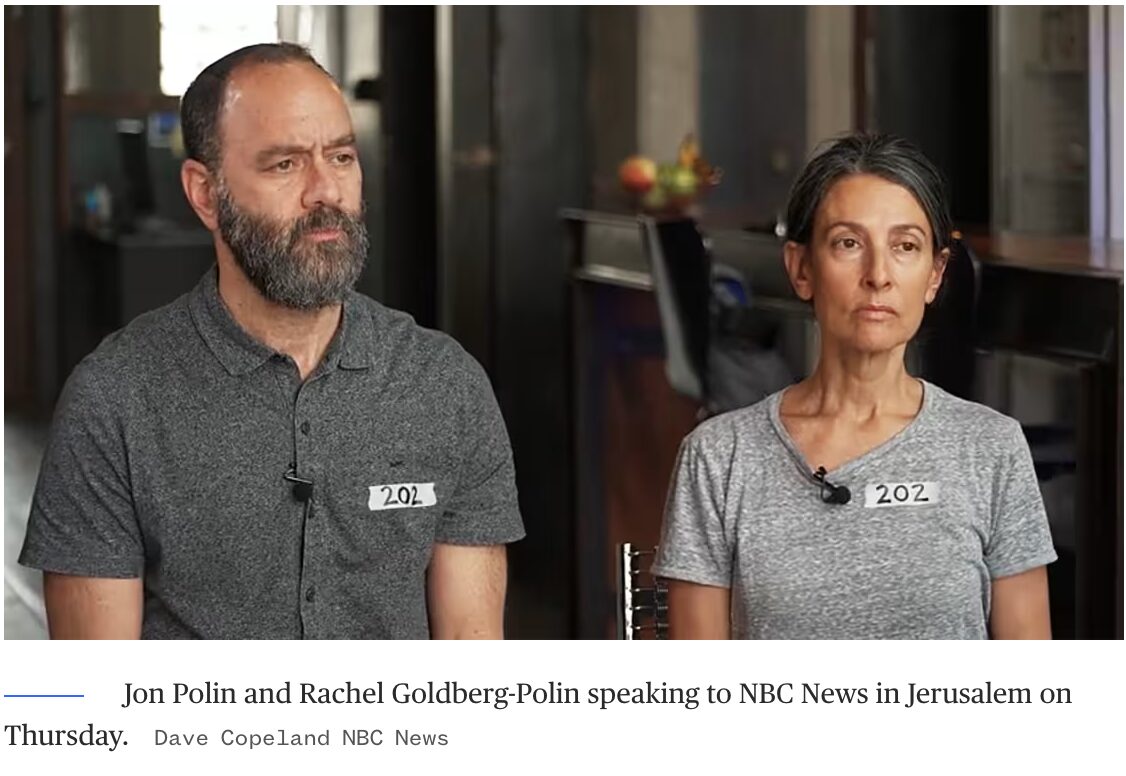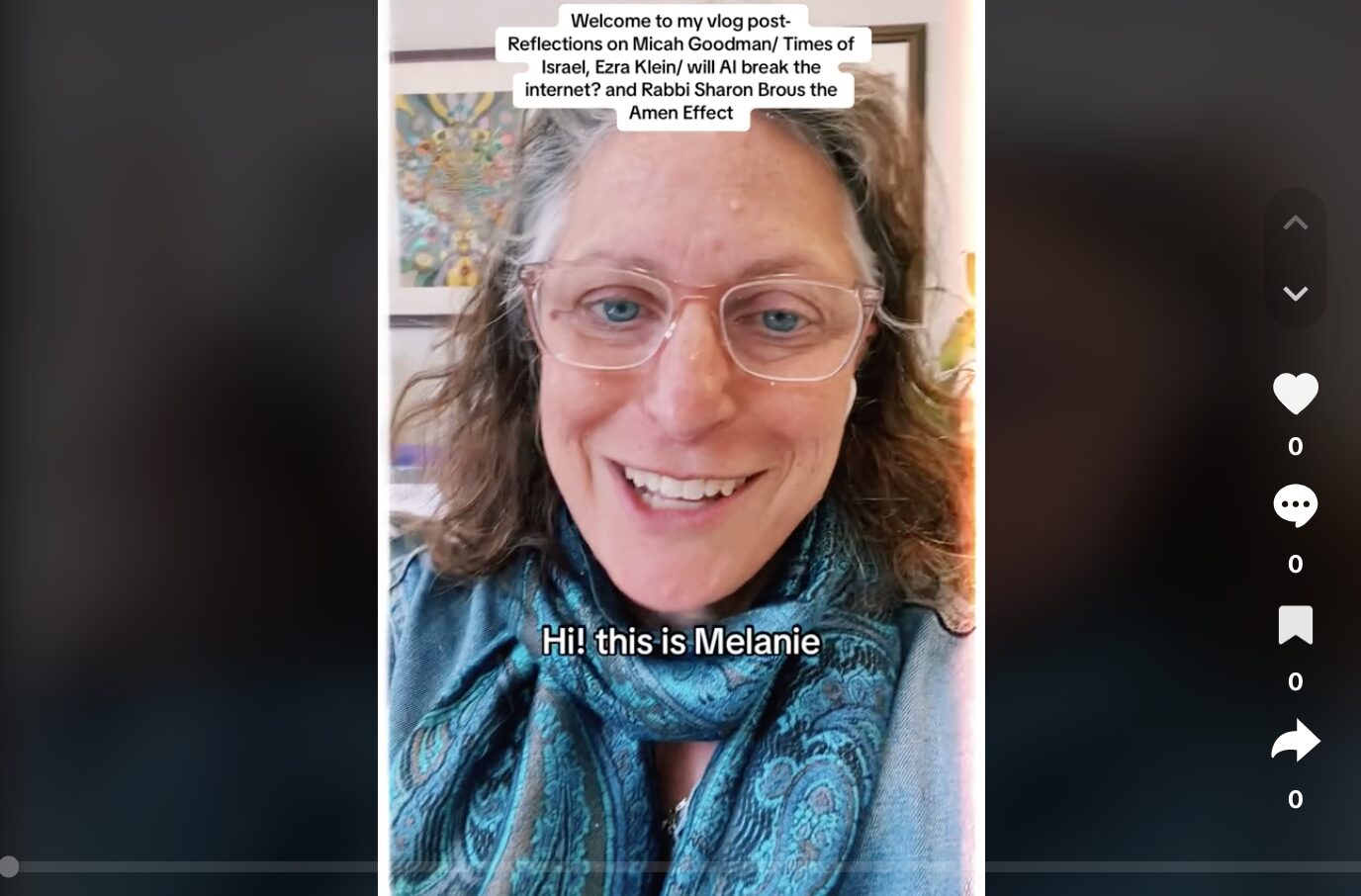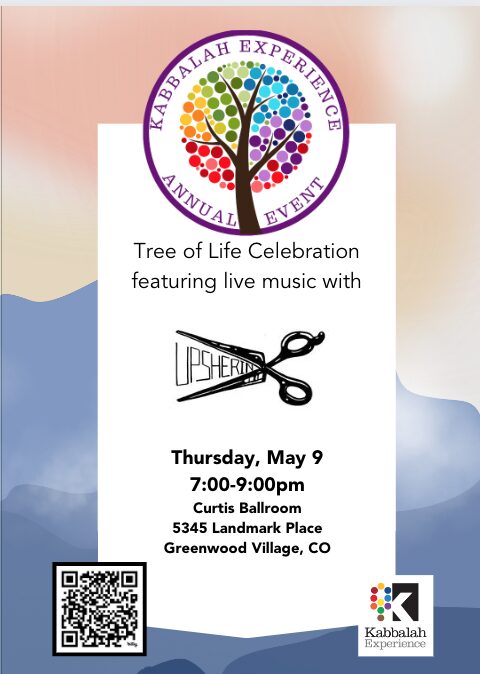by Dr. David Sanders
I thought it was a joke to learn that Google is beta testing the delivery of smells via your computer. What this will mean is that when you look up the word “rose” you can not only see an image or read about a rose, you can smell it.
Covid-19 diminished our ability to be in touch, literally. We have to rely more heavily on our seeing and hearing to connect, our visual cues and spoken words to convey our emotions. Another of our five senses that has been compromised is smell. Most people that contract the Covid virus develop anosmia It is an early and often only sign that the virus infiltrated the body. Researchers around the world began to study the reasons why smell, and with it the sense of taste, were impacted. At first they considered the neurons that were in charge of olfaction only to find that it was the cells that protect those neurons that were attacked by the virus. The sensory loss was due to the body fighting off the invaders. For those who survived the virus their sense of smell often returned to normal. There are many survivors that continue to have anosmia and worse, a disturbing distortion to their sense of smell called parosmia.
Smell is the most primitive of our five senses and yet it would only make canine sense to consider saying “smelling is believing.” The first mystical Jewish text, Sefer Yetzirah (The Book of Formation), contains a remarkable fifth chapter in which it delineates the months of the year each with its unique corresponding spiritual sense. The month of November is typically aligned with the Hebrew month of Cheshvan which is assigned the sense of smell. The text is silent on what the spiritual senses represent—so it is left for our interpretation. When we attempt to bridge the physical and spiritual we look to metaphorical meaning. This is where the intersection between Kabbalah and cognitive linguistics find common purpose. I won’t bore you with questions such as: What does the lexis of smell in English reveal about the conceptual organization of smell? And which lexical items are used from the domain of smell to structure more abstract concepts? but a good place to start is to see how smell is used (coded) descriptively as in smell a rat, trouble, fear, treason or success.
While Google Nose (that is the name for it) is on the way to deliver the smell of a rose (or as they cleverly highlight, new car smell) or the smell of a rat, not even Google will be able to produce the smell of treason or success let alone the smell of a rat, metaphorically.
While smells bring us great pleasure they are often cautionary and the overwhelming metaphoric sense of smell in the English language is negative. Kabbalah’s spiritual sense of smell takes the metaphor in a different direction and links it to our ability to empathize. To “smell” is about discerning the underlying motivations and deepest yearnings of people. To use another, unrelated metaphor—smelling a person is feeling what makes that person tick. Without that spiritual resource we may suffer in our ability to be truly empathic. It is not a surprise that the Covid-19 virus profoundly impacts the sense of smell. Can we smell the parallel manifestation? Is the spiritual corollary of our loss of smell a loss in our empathy for each other?
If we are to come up smelling like roses we need to find our common values, our deepest yearnings, instead of fueling prejudice and polarization.
In the words of John F. Kennedy: “If we cannot end now our differences, at least we can help make the world safe for diversity. For, in the final analysis, our most basic common link is that we all inhabit this small planet. We all breathe the same air. We all cherish our children’s future. And we are all mortal.”










4 Comments
Robyn · December 3, 2020 at 3:46 pm
A very perceptive and timely blog… thanks David!
Sharon · December 4, 2020 at 9:38 am
Thank you David! Always insightful and inspiring.
Very thought provoking and I love the JFK quote.
Getel · December 5, 2020 at 4:54 pm
Loved this; thank you, David. Can’t wait ’til I can Zoom classes and “smell” all next summer!!
Anita Khaldy Kehmeier · January 27, 2021 at 2:19 pm
So interesting.